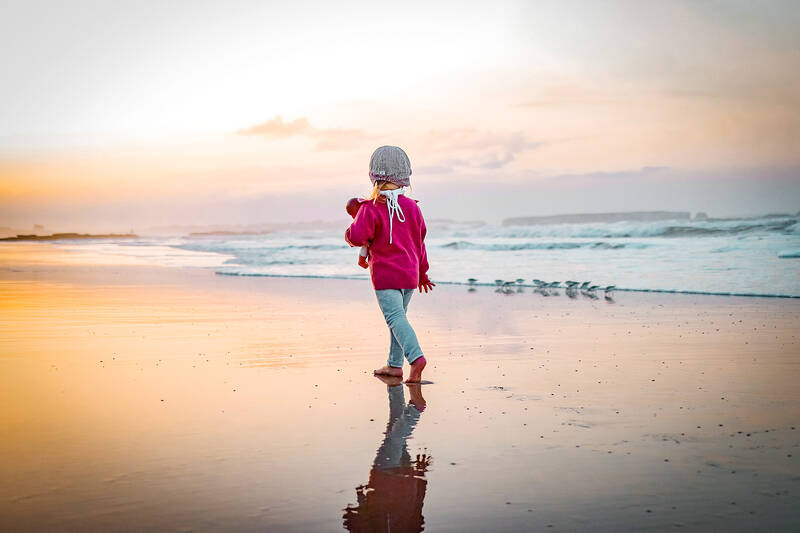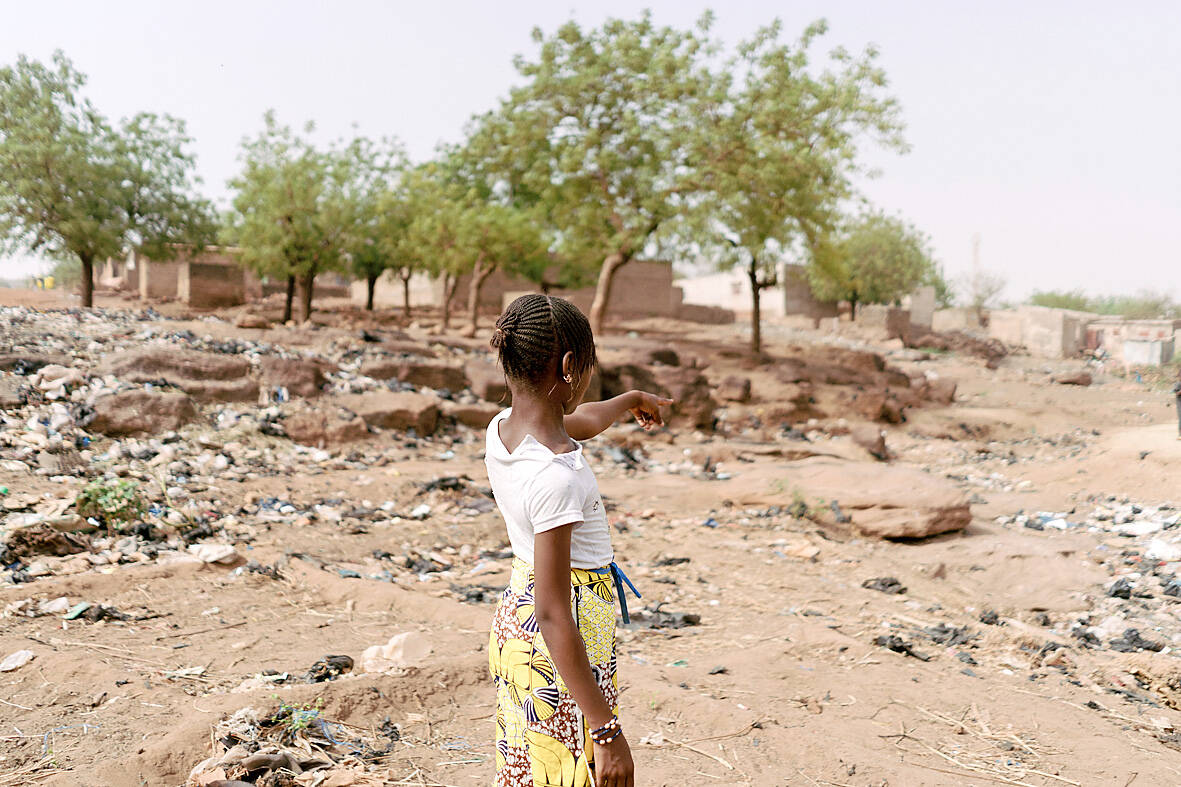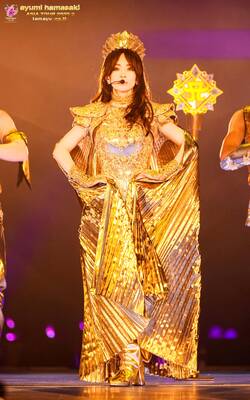1. 他體力很弱,不能幹重活。
ˇ As he was weak in health, he could not do heavy work.
χ Weak as he was in health, he could not do heavy work.

Photo: AdobeStock l 照片:AdobeStock
註:as 作連接詞,表示“因為”時,絕不能倒置,習慣上以 as 引導的
詞序倒置的從屬句是用來強調兩種意義相反的情況。例如:
Strong as he was, he could not lift that rock.

Photo: AdobeStock l 照片:AdobeStock
(儘管他的身體壯,他還是舉不起那塊石頭。)
Weak as he was, he lifted that rock easily.
(儘管他身體很弱,他還是能不費力地舉起那塊石頭。)
2. 在開發中國家,許多婦女就這樣悲慘地喪命。
ˇ In developing countries there are many women who lost their lives in similar tragic ways.
ˇ There are many women in developing countries who lost their lives in similarly tragic ways.
χ There are many women who lost their lives similarly tragic ways in developing countries.
註:錯句中把 in developing countries 放在限定性形容詞子句之末,易使人誤解為修飾 lost their lives,因此應放在句首或緊接修飾的對象。
3. 在極權國家,統治者什麼都有,老百姓什麼都沒有。
有。
ˇ In totalitarian states the rulers have everything, but the common people have nothing.
χ The rulers have everything in totalitarian states, but the common people have nothing.
χ The rulers have everything but the common people have nothing in totalitarian states.
註:「在極權國家裡」修飾「統治者……」,也修飾「老百姓……」。
第一個錯句 in totalitarian states 只修飾 the rulers have everything;第二個錯句 in totalitarian states 又好像只修飾 the common people have nothing,必須把這一修飾語放在句首,才不影響句子思想內容的正確。
4. 我清楚地記得我第一次去海邊的事。
ˇ I remember well the first time I went to the beach.
χ I remember the first time I went to the beach well.
註:well 放在句末,易使人誤會為修飾 went;如放在 the first time 後會把形容詞子句與先行詞分隔,因此應放在 the first time 前面。如果要使語勢更為強調,可以說 Well do I remember...。
5. 我不明白你為什麼不信任他。
ˇ I don’t understand why you don’t trust him.
χ I don’t understand why don’t you trust him.
註:why, what, how, when 所引導的疑問受詞從屬句的詞序與一般陳述句相同,不能以問句的詞序出現。
Exercises:
A. 儘管她身體很弱,她還是能不費力地舉起那張椅子。
____________________ , she lifted that chair easily.
1. Weak as she was
2. As weak she was
3. As she was weak
4. She was as weak
B. 我不明白為什麼他要這樣做。
I don’t see why __________ doing it this way.
1. is he
2. does he
3. he is
4. he
Answers: A. 1 B. 3
文章由書林出版公司提供:
www.bookman.com.tw
蘇正隆 — 台灣翻譯學學會前理事長、師大翻譯研究所兼任副教授; 編著《走讀自然.花言樹語》,《英語的對與錯》,《世紀病毒:必讀防疫英文知識與詞彙》...等。國家教育研究院中英雙語詞彙審議委員;研究領域為翻譯、術語及詞典編譯,從事植物與人文導覽數十年,亦曾應邀遠赴國外大學做植物人文導覽。

A: Apart from the musical Sunset Boulevard, Japanese pop diva Ayumi Hamasaki is also touring Taiwan after a 17-year wait. She’s holding two concerts starting tonight. B: Ayu has the most No. 1 hits of any Japanese solo artist, with 33 total. A: “Time” magazine even crowned her as “The Empress of Pop.” B: She staged shows in Taipei back in 2007 and 2008, causing an “Ayu fever” across Taiwan. A: Unfortunately, the singer has been deaf in her left ear since 2008, and is gradually losing hearing in her right ear. I’m so excited to see her singing in Taipei again. A: 除了音樂劇《日落大道》,日本歌后濱崎步睽違17年,今晚起在台北熱唱兩場。

Alan Turing, celebrated as the “father of computer science,” was a brilliant mathematician and scientist. Born in London in 1912, Turing showed exceptional talent in mathematics and science from a young age. At 16, he understood Albert Einstein’s work without difficulty. This intelligence carried him through studies at Cambridge University and later at Princeton University in the US, where he further explored complex mathematical theories. In 1936, Turing introduced the concept of the Turing machine, a theoretical device for solving mathematical problems. He described it as having an infinite tape on which symbols could be read, interpreted, and modified. With simple

Denmark’s state-run postal service, PostNord, announced that it would cease letter deliveries at the end of 2025 due to the impact of digitalization. As 95% of its residents now use the Digital Post service, Denmark has seen a 90% decline in letter volumes since 2000, from 1.4 billion to 110 million last year. On top of that, the Postal Act of 2024 removes the government’s obligation to provide universal mail service and puts an end to postal exemptions from value-added tax, raising the cost of a single letter to 29 Danish krone (US$4.20). As a result, PostNord is switching

A: After touring Taipei, the play Life of Pi is now heading to Taichung. You wanna go? B: Did you forget? We’re going to Taipei this weekend to see the musical Sunset Boulevard and go to Japanese pop diva Ayumi Hamasaki’s concert. A: Oh yeah, that’s right. The classic composed by Andrew Lloyd Webber is touring Taiwan for the first time. B: I heard that it’s adapted from a 1950 film with the same title. A: And the show will feature legendary soprano Sarah Brightman, who is finally returning to the musical stage after 30 years. We can’t miss it. A: 在台北巡演後,戲劇《少年Pi的奇幻漂流》本週起將移師台中。要去嗎?